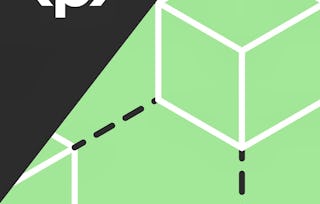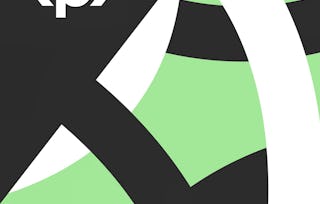Updated in May 2025.
This course now features Coursera Coach! A smarter way to learn with interactive, real-time conversations that help you test your knowledge, challenge assumptions, and deepen your understanding as you progress through the course. This masterclass offers an in-depth journey into the world of 3D texturing and environment creation using Substance Painter and Unreal Engine 5. You’ll start by mastering the basics of Substance Painter, learning how to import assets, navigate the interface, and utilize essential tools like UDIM workflows and texture baking. As you progress, you’ll explore advanced texturing techniques, creating intricate materials and mastering the use of layers, masks, and filters to achieve stunning, stylized effects for game assets. Moving into the second half of the course, you’ll take your completed assets into Unreal Engine 5. Here, you’ll learn to set up and optimize your game environments, importing textures and assets created in Substance Painter. You’ll delve into environment building, using foliage, lighting, and post-processing techniques to craft immersive scenes. Advanced modules will guide you through setting up animation, particle effects, and even audio integration to bring your project to life. The course concludes with a focus on rendering and cinematic presentation, showcasing your work in the best possible light. You’ll learn to create professional-quality renders and animations, perfect for a portfolio or professional presentation. By the end of this masterclass, you will have the knowledge and confidence to create visually stunning 3D environments and assets, ready for any game or cinematic project. This course is ideal for intermediate 3D artists looking to refine their skills in texturing and environment creation. A basic understanding of 3D modeling and navigation within Substance Painter and Unreal Engine is recommended but not required.


















